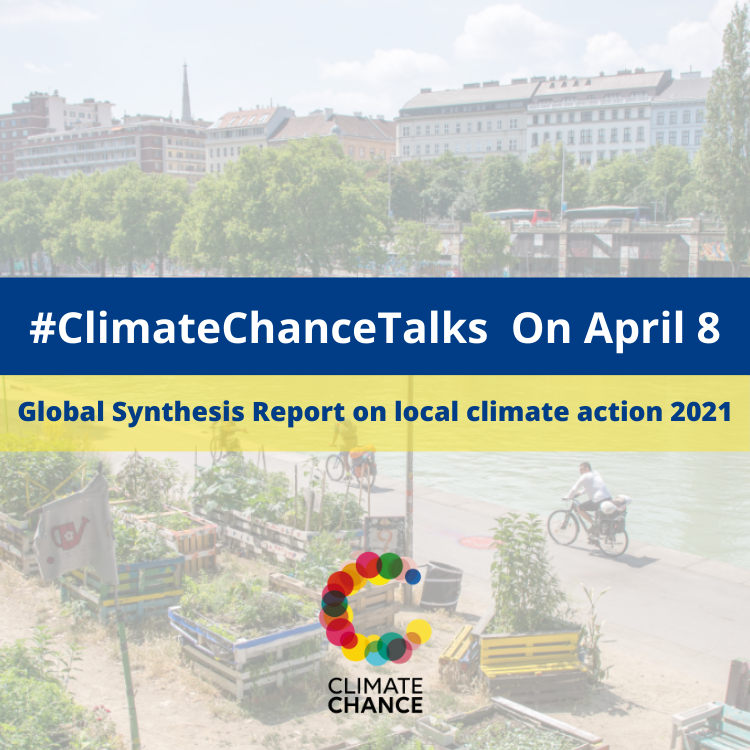
#ClimateChanceTalks Global Synthesis Report on local climate action 2021
Climate Chance organizes two roundtables on April 8 for the release of the Global Synthesis Report on local climate action 2021. A day to exchange with our speakers from the main trends observed in this 3rd edition of the Climate Chance Observatory's annual Report.
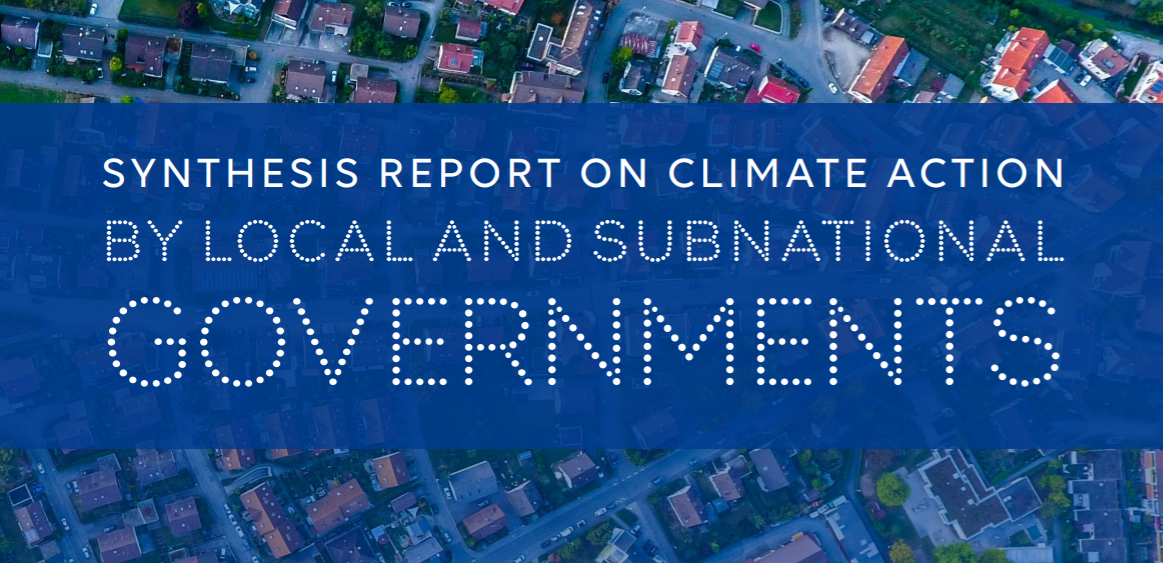
Discuss the main insights and recent trends of the Global Synthesis Report on local climate action
The Climate Chance Observatory publishes the 2021 edition of its Global Synthesis Report on local climate action and organizes for this occasion two talks in order to hold crossed views exchanges with speakers on the main trends and progress on climate action in the regions and cities, ahead of the COP26.
Talk #1: From 11am to 12pm • From innovation to continuity, how are local authorities implementing climate action during the pandemic?
The Global Synthesis Report on local climate action 2021 shows that the few existing data on the impact of local authorities’ climate strategies is rather encouraging compared to the rates of emissions reduction observed at national level, as in Europe. Other indicators also show a strong dynamism of local authorities in Latin America or in the Middle East/North Africa.
In this Talk, the Observatory proposes to discover and discuss the dynamics of implementation of local authorities’ climate strategies in 2020, in the context of the pandemic. Has the pandemic affected the implementation of mitigation and adaptation plans? How can we improve their monitoring and evaluation by local authorities and for what purposes?
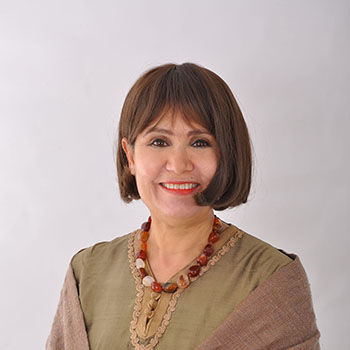
Amel Makhlouf, Clima-Med’s main expert for the Maghreb region
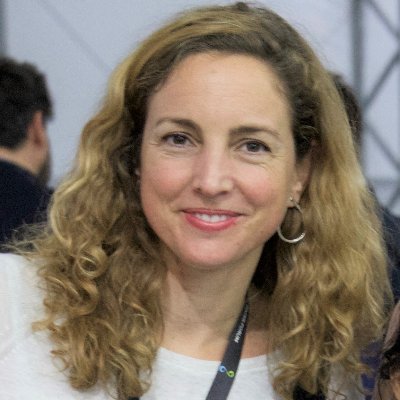
Natalia Uribe, Head of Strategic Coordination and Advocacy in Regions4

Adrián Reina Hurtado, External Action Officer at Seville City
Talk #2: From 3pm to 4pm • How does the localisation of SDGs allow for the inclusion of social justice in local climate policies?
Adopted the same year as the Paris Agreement, the 2030 Agenda sets ambitious universal objectives for sustainable development and reducing inequalities. While the race to limit global warming below 2°C or 1.5°C requires potentially brutal transformative decisions for all societies, the Climate Chance Observatory proposes to explore how the appropriation and implementation of the SDGs by local and subnational governments can serve the low-carbon transition by smoothing its transformative effects, while respecting the principle of common but differentiated responsibility between States and, within States, between privileged and vulnerable populations.
Speakers
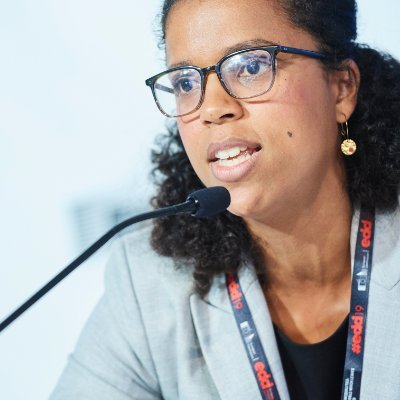
Marlene Simeon, Director of Platforma
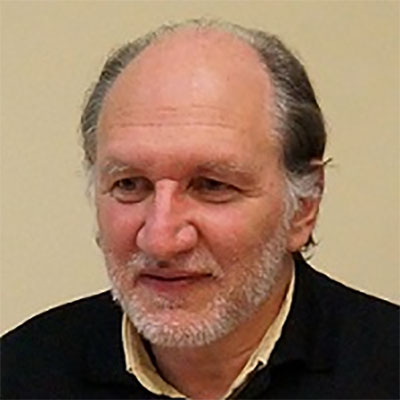
Edgardo Bilsky, Director of Research at UCLG
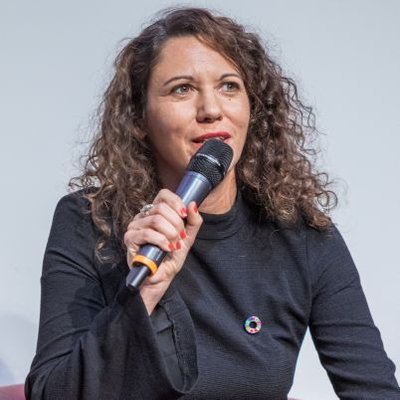
Vaia Tuuhia, General Delegate at 4D

Allan McLeod, SDG Coordinator, Bristol City Council
Our media partner



